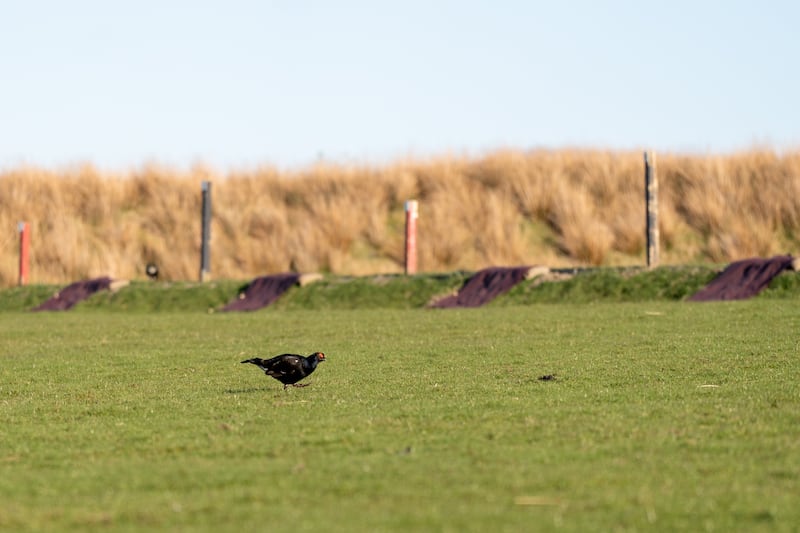A project to dry out Charles Rennie Mackintosh masterpiece the Hill House is working and has reached a “really exciting” stage, experts have said.
A giant steel box was built around the property in Helensburgh in 2019 to protect its saturated walls from further damage from the elements and enable it to gradually dry out as the first stage in a long-term conservation programme.
The Hill House has been badly affected by the driving rain of Scotland’s west coast since its construction in 1904 and water penetration was damaging both the structure of the house and the bespoke interior decoration.
The National Trust for Scotland (NTS), which cares for the property, said samples taken from the outside of the house in late 2023 have shown the structure is drying out as planned.

From April 29 to May 3, conservation experts will take samples from the interior of the building to build up understanding of the water damage and how much this has been reversed by the protection of the box.
Project director Elizabeth Davidson said: “We are at a really exciting stage in our work at the Hill House.
“The box has been doing its dual job of preventing further water from impacting on the building, and also allowing the structure, which in some places was very wet indeed, to dry out gradually.
“We’ve been closely monitoring this process and this sampling helps us gain more insight into how the building is responding to the drying process.
“Relative humidity in the house is now down to acceptable conservation standards – a remarkable achievement given the very visible areas of rain penetration previously through microcracking in the structure.”
A series of samples will be taken from key internal points in the house which have been badly affected by water ingress – the living room, dining room, drawing room, guest bedroom, wine room and larder.
These will provide conservators with more information about how the building has been affected by water, and if there was any inherent defect in either the materials used originally or the manner in which they were used in the construction.
NTS said this will help inform future decisions about the conservation works needed to repair and restore the building, which is now one of the few remaining Mackintosh creations open to the public.

At the same time, the charity will reopen all the chimneys and fireplaces to encourage airflow around the building and continue the drying process.
The house in the Argyll and Bute town will be closed to visitors while this work is under way, however the walkways, cafe, shop and garden will remain open.
Once analysis of the sampling is complete, the next major milestone in the Hill House project will be the complete removal of the external concrete render on the building, which is planned for late 2024.
Ian McLelland, NTS regional director for the south and west, said: “This project gives visitors a great insight into the detailed and technical work needed to care for the Hill House – a place of international importance and one of Mackintosh’s finest.”
The house was commissioned by Glasgow book publisher Walter Blackie and the interior design of the house was a collaboration between Mackintosh and his wife Margaret Macdonald.
In January this year, Mackintosh at the Willow, the Mackintosh-designed tea rooms on Sauchiehall Street in Glasgow, joined the portfolio of properties cared for by NTS.









